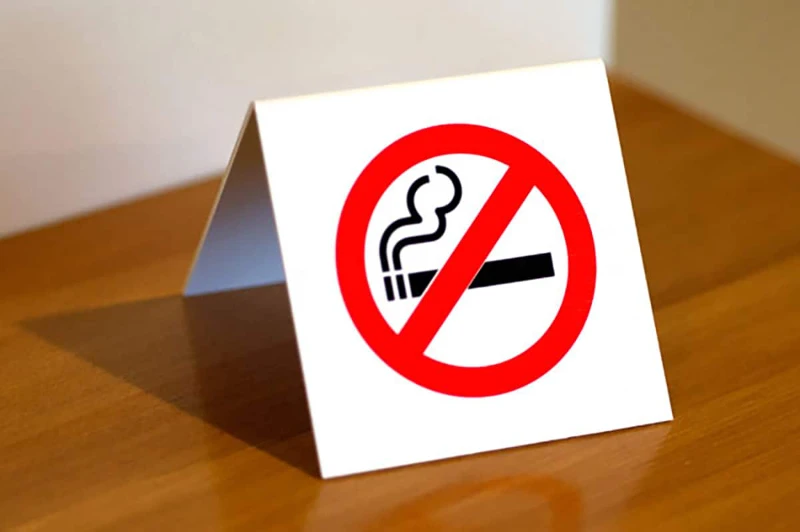
Advertisement
You may not realize it, but cold weather actually weakens your immune system. Cold weather slows down your immune cells, and stress weakens your immune system. Cortisol is a hormone that suppresses the production of white blood cells, which makes you produce more cortisol, and this hormone can weaken your immune system. Stress also leads to insomnia, which increases your risk of infection.
stress

Stress affects your immune system, which is your body's first line of defense against disease. Your doctor can explain how stress affects your immune system and how to strengthen it. Your immune system is made up of several different components spread throughout your body. These include cells, proteins, organs, and tissues.
tobacco

Millions of people around the world suffer from poor health due to smoking. Smoking damages body tissues, including the lungs and upper respiratory tract. Chemicals in tobacco smoke can weaken your immune system, weakening it. These substances can also weaken your immune system, thereby increasing your own risk of contracting immune-related diseases.
sugar

Eating too much sugar weakens your immune system. In addition to damaging your white blood cells, sugar damages other cells in your body, making you more susceptible to infection. Your white blood cells are your first line of defense against invaders.
Sleep deprivation

Lack of sleep weakens your immune system, making you more susceptible to illness. The immune system is made up of white blood cells called cytotoxic T cells, which attack and kill invading pathogens. Lack of sleep reduces your T cells' ability to bind important immune response molecules. Your B cells, which patrol the body and monitor your body for pathogens, can also be affected by lack of sleep.









